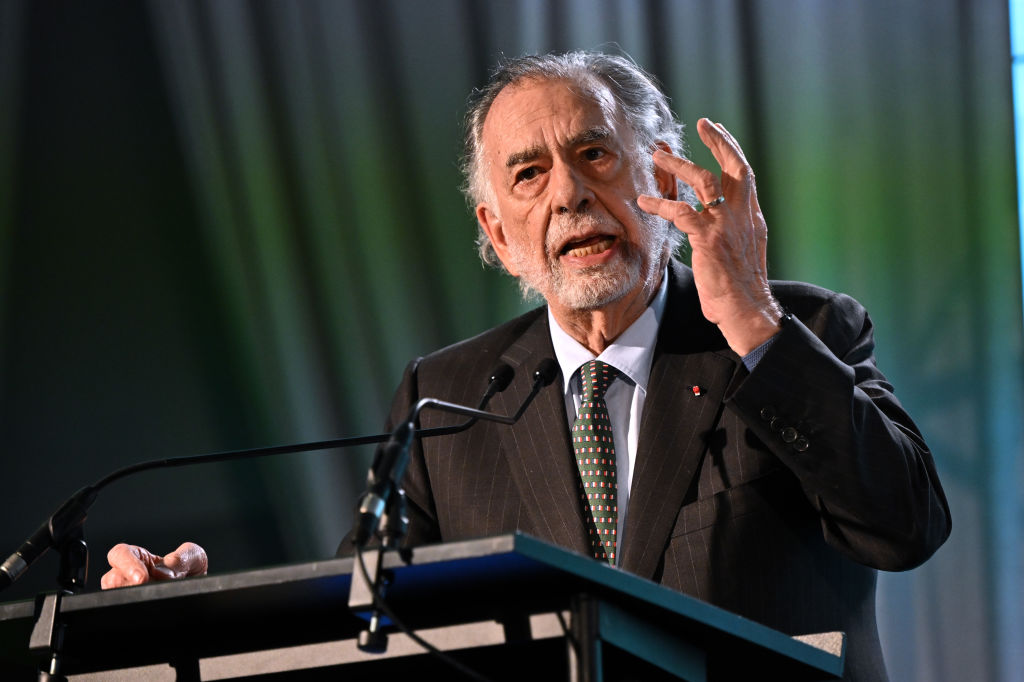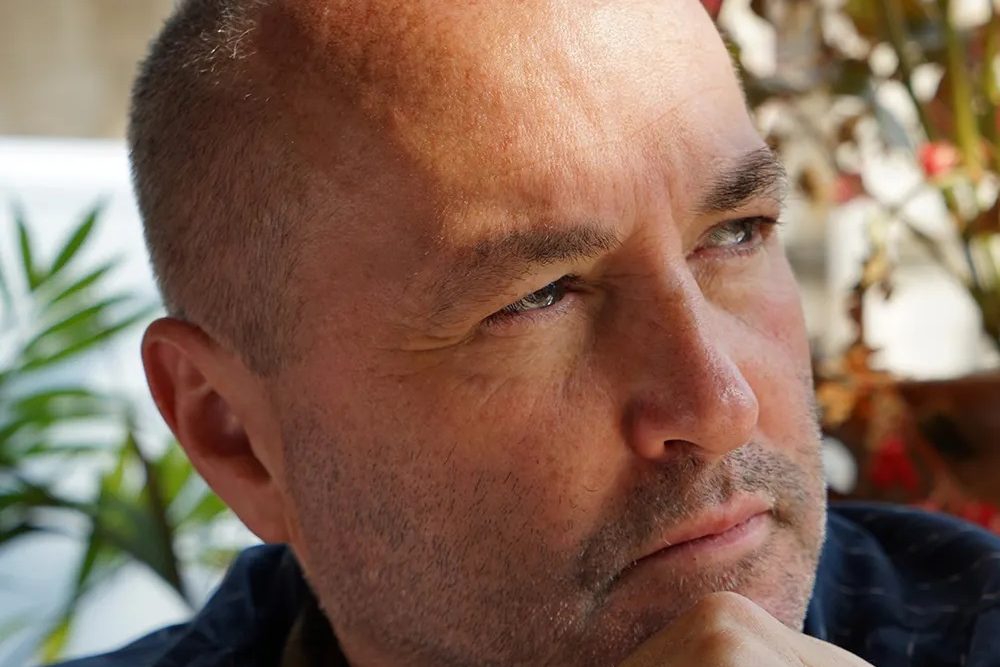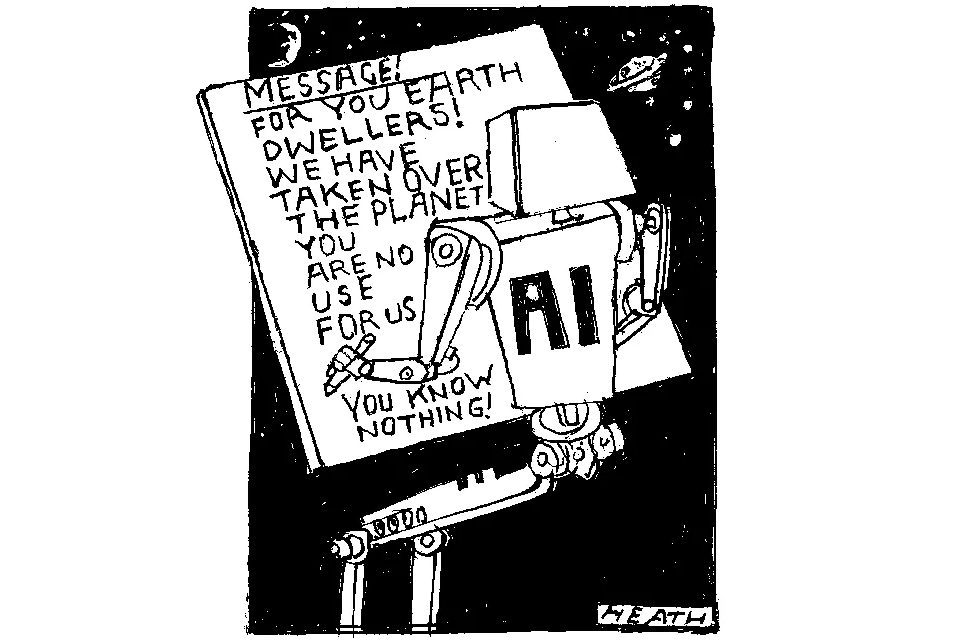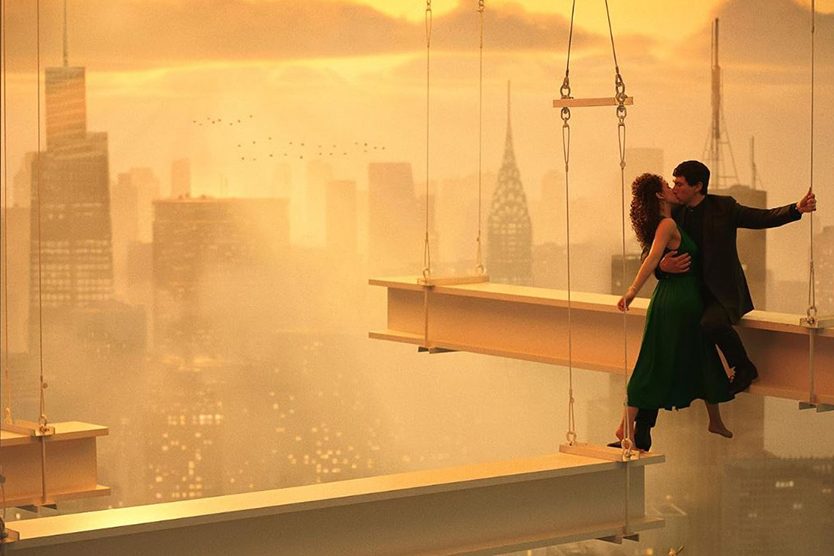This Friday sees the Cannes premiere of a film that, by rights, really ought not to exist. As the likes of its stars Adam Driver, Giancarlo Esposito, Dustin Hoffman and Shia LaBeouf all assemble on the Croisette, it will be its now eighty-five-year-old director, screenwriter and producer, Francis Ford Coppola, who will be the most closely watched figure of the night, if not the entire festival.
Megalopolis, the movie that they are all gathering to promote, has been Coppola’s great passion project all through his career. He first came up with the idea in 1977, began to develop it in 1983 and, finally, sold part of his wine empire a few years ago to raise the film’s $120 million budget. At every turn, it seemed somehow unlikely that he would manage to make it; there were rumors of chaos on set (something of a Coppola specialty), with the director firing the visual effects department and, in turn, the production designer and art director resigning, citing the “unstable filming environment.” To which the only riposte must surely be: did you guys not see Apocalypse Now?
Coppola’s films have often had chaotic and dramatic productions, whether it was Martin Sheen having a heart attack on the set of Apocalypse Now, the sudden departure of Winona Ryder from The Godfather Part III — to be replaced by Coppola’s daughter Sofia — or the near-risible absurdity that happened on the set of his 1984 musical drama The Cotton Club, in which life imitated art and the gangster shenanigans at the film’s heart were soon mirrored by rumors that some very unsavory characters indeed were involved at the sharp end of the film’s production. After his last big hit, 1992’s Bram Stoker’s Dracula, Coppola seemed to have wearied of the fight, first acting as a director-for-hire on films like the John Grisham adaptation The Rainmaker and the dire Robin Williams comedy Jack, before making a series of low-budget experimental pictures, the last of which, Twixt, was barely released at all.
Megalopolis, however, represents a return to the big time. Its storyline apparently revolves around a futuristic-alternative New York that has modeled itself around Ancient Rome and the battle that occurs between Driver’s idealistic architect, who wishes to rebuild the city, and Esposito’s corrupt mayor, who will reinforce the status quo by any means necessary. The first clip that was released, featuring Driver on the edge of a building and apparently able to pause time at will, was attention-grabbing, suggesting that Coppola has seen Inception but also that the film could be far more expansive and thrilling than anything he has done in three decades.
Early reaction from industry screenings has been wildly disparate, as ever with Coppola. Given its self-financed nature, he will need to sell it to a major distributor in order to stand any chance of making his money back, but the trade press have suggested that it might be “an enormously hard sell to a wide audience” and one studio head sighed that, “It’s so not good, and it was so sad watching it. Anybody who puts P&A behind it, you’re going to lose money. This is not how Coppola should end his directing career.” Others have raved that it’s nothing less than a Blade Runner for our time and a fitting final act to one of the most distinguished careers in American cinema.
In any case, all will be revealed this Friday. Although Megalopolis has distribution deals across Europe, it has yet to find a home in the United States, and a great deal could depend on what happens in Cannes. Should it be hailed as a classic, suitors who have hitherto shown hesitancy will rush to Coppola, bitcoin aloft, in a desperate attempt to secure the rights of what must be 2024’s most talked-about film. And if it’s a flop, then who knows whether it will ever find any more than a token release. But this uncertainty is symptomatic of Coppola as the great gambler of our age, a man who has seen both triumph and disaster in his career and yet continues to remain optimistic about the future of film in a time when individual flair has long since been subsumed to bean-counting. Let us hope, for his sake and for film in general, that Megalopolis really is a masterpiece.






















Leave a Reply